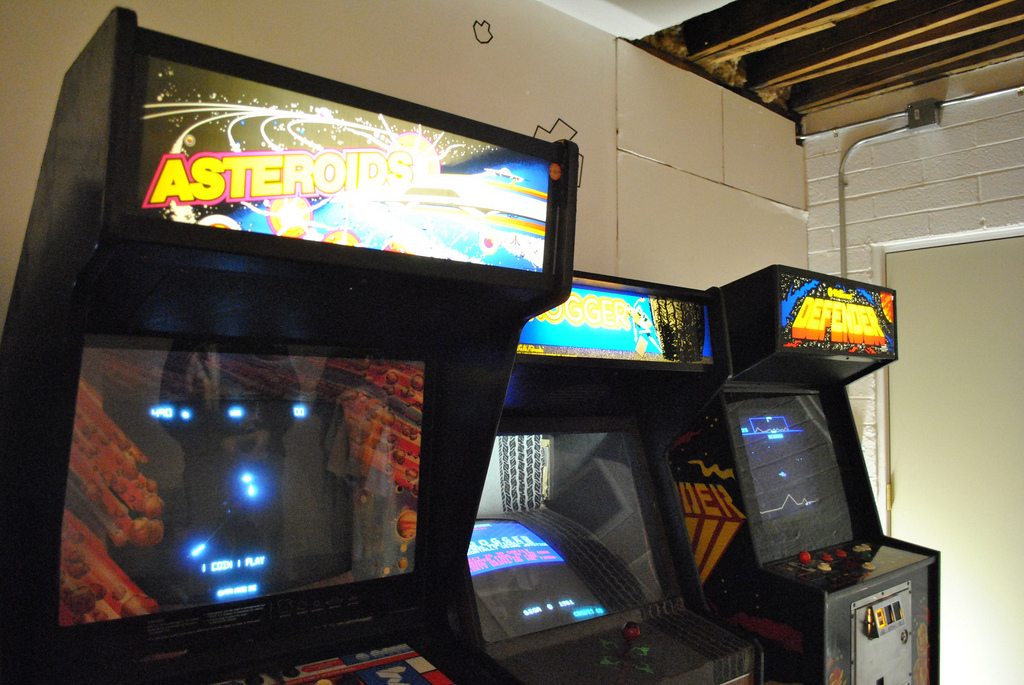 NEWS
NEWS
 NEWS
NEWS
 NEWS
NEWS
Unlike most vintage console or computer games, arcade games can be both difficult to find and expensive to buy, so many arcade fans use emulators to create their own homebrewed arcade systems. The Multiple Arcade Machine Emulator (MAME) has become the most popular emulator for gamers who want to play classic arcade games in their home, and now the team behind MAME has decided to make the emulator completely open source.
“There was intention to do this for years,” MAME engineer Miodrag Milanovic told Gamasutra. “Our aim is to help legal license owners in distributing their games based on MAME platform, and to make MAME become a learning tool for developers working on development boards.”
The source code for MAME has been available for some time, and many developers have contributed code to the project, but the emulator has previously used a software license that prohibited commercial use of MAME by third parties. The MAME developers explained in a tweet, “We were always source available software, but not open source by definition.”
Milanovic said that while the license was meant to prevent “misuse of MAME in illegal ways,” it had the side effect of also preventing people from using the emulator in legitimate ways due to legal technicalities. For example, a museum that charged an admission fee could not feature arcade games that used MAME in an exhibit.
The change also affects MAME’s sister project, the Multiple Emulator Super System (MESS), which includes code to emulate console and computer games. Milanovic explained, “From now on there will be only one release executable that covers all arcades, computers and consoles, but we will stay under name ‘MAME,’ that is our trademark.”
Game emulation is something of a legal gray area, but MAME does not include any original game code. To actually play games, MAME requires “images of the original ROMs, CDs, or hard disks from the arcade machines.”
While MAME is commonly used in homemade arcade cabinets, users have found other clever uses for the software. Earlier this year, a developer recreated a 1980s video game arcade in virtual reality for Oculus Rift, complete with fully functioning arcade games that used MAME to run.
Support our mission to keep content open and free by engaging with theCUBE community. Join theCUBE’s Alumni Trust Network, where technology leaders connect, share intelligence and create opportunities.
Founded by tech visionaries John Furrier and Dave Vellante, SiliconANGLE Media has built a dynamic ecosystem of industry-leading digital media brands that reach 15+ million elite tech professionals. Our new proprietary theCUBE AI Video Cloud is breaking ground in audience interaction, leveraging theCUBEai.com neural network to help technology companies make data-driven decisions and stay at the forefront of industry conversations.